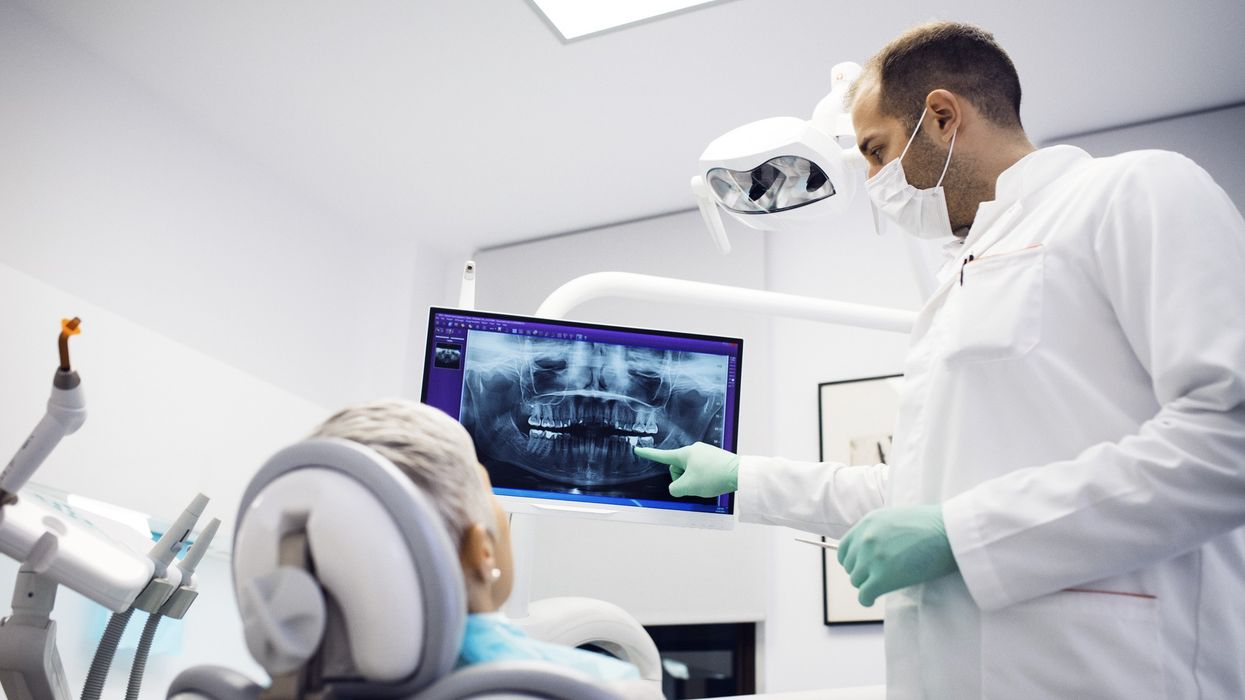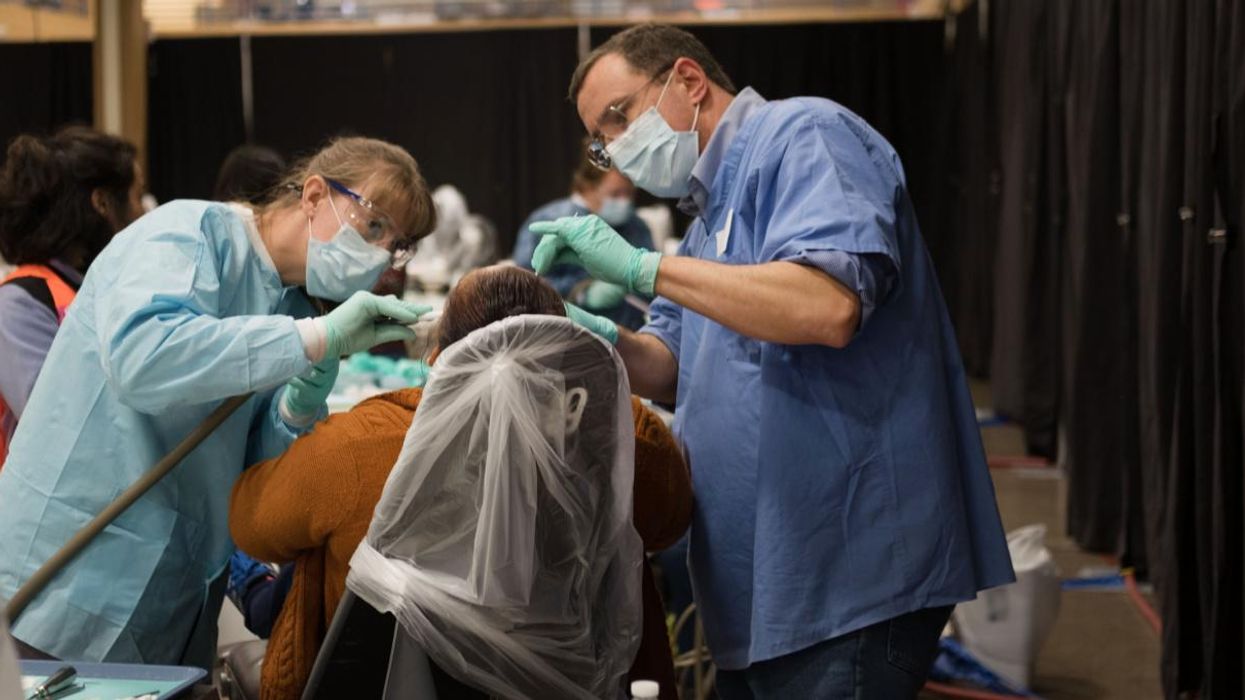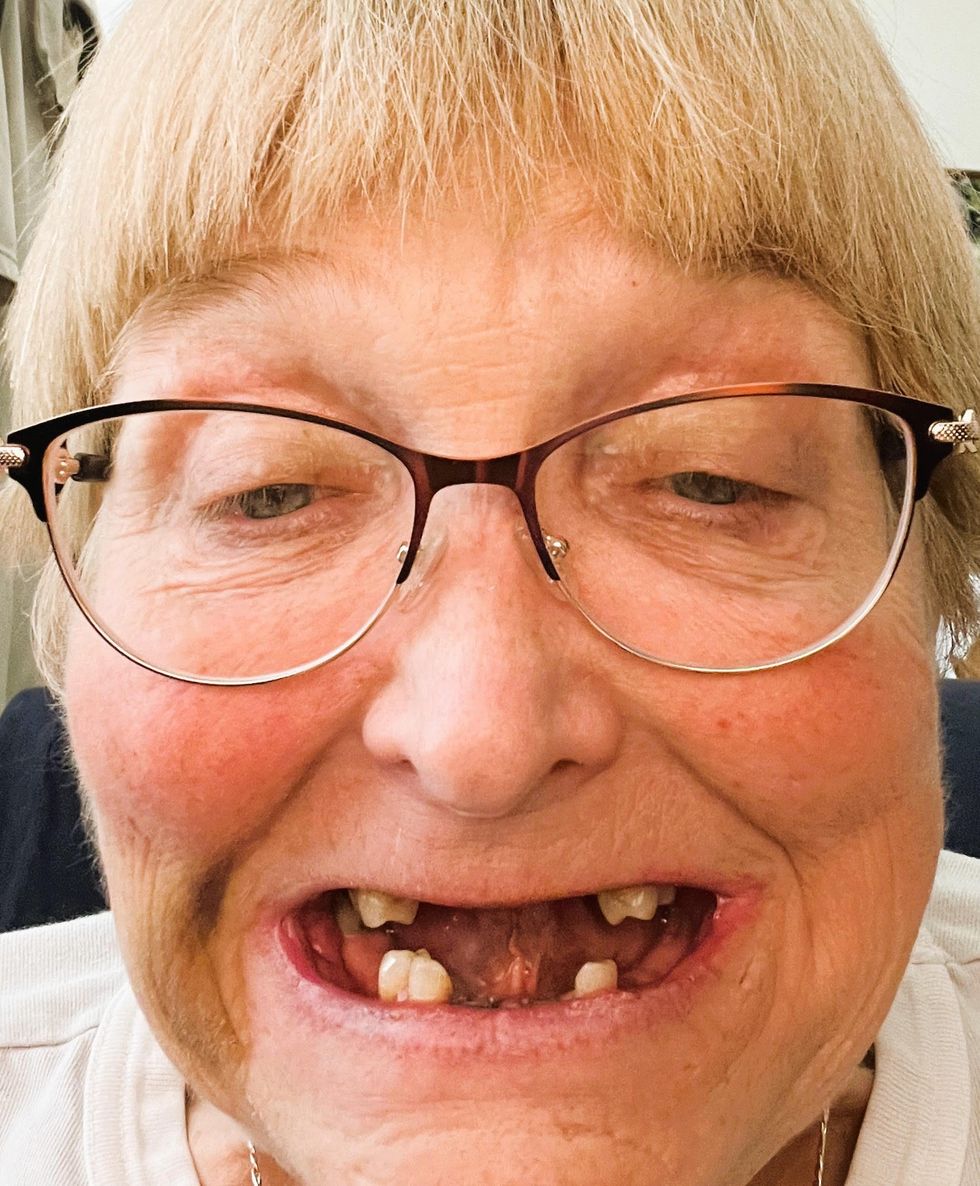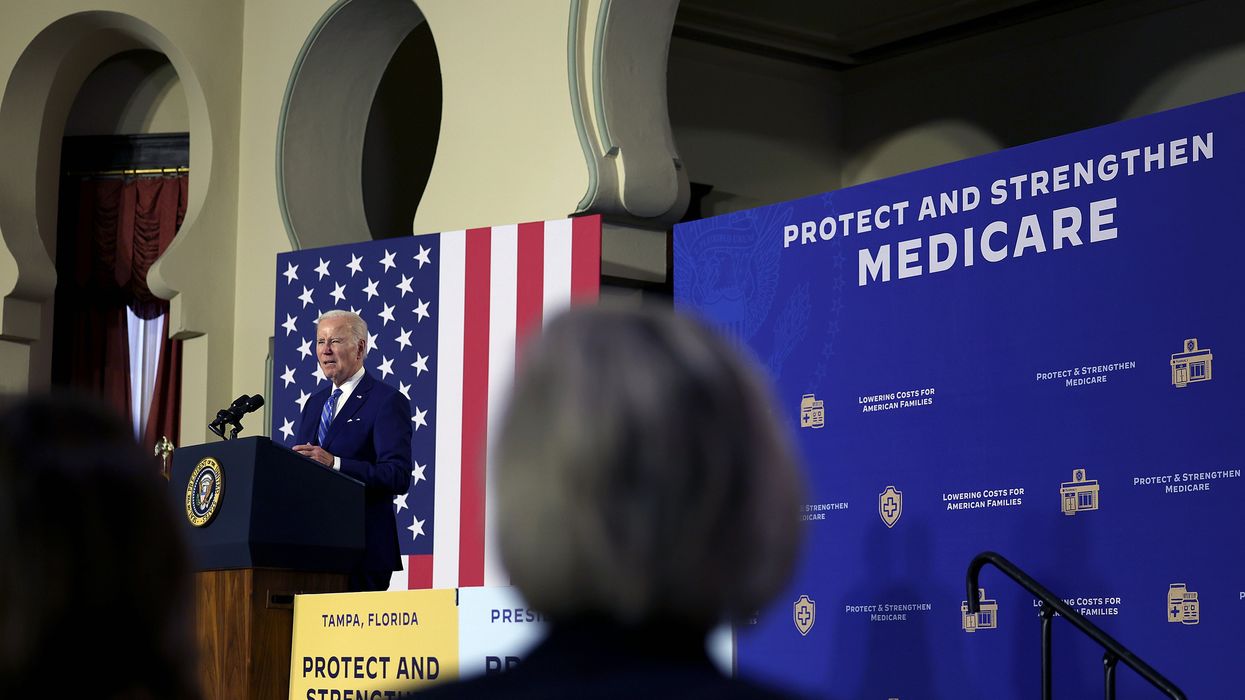Which Is Not Like the Other: Teeth or a Windshield?
Happy Mother's Day 2025.
A pebble is kicked up from traffic in front of you, and a deep pit in the windshield causes a crack that must be fixed. No worries. You have car insurance, you think. The windshield repair team tells you that you have a $500 deductible and that the new windshield is $525. You are confused and angry about paying for car insurance for years, only to discover it is inadequate when you need it. You opt not to file a claim because that would likely raise your insurance rates yet again. It’s cash out-of-pocket for you.
While waiting for the windshield replacement, you crack a tooth on a mint. No worries. You have dental insurance, you think. The dental office staff tells you that you have a 50% benefit for the tooth repair and that your portion of the dental care is $525. You are confused and angry about paying for dental insurance for years, only to discover it is inadequate when you need it. The dentists never take payments anymore (unless you find a financing company in advance to pay the dentist and bill you over many months). What choice do you really have? The tooth must be fixed. It’s cash out-of-pocket for you.
We don’t like to think we are being bilked out of thousands of dollars by insurance companies, and yet we have almost come to accept it. No matter whether it’s your car windshield or your teeth, it’s all the same. You are only covered to the extent that the insurance company has determined will most effectively maximize their profits and keep you paying that monthly premium year after year. Your safety in your vehicle and/or your health are not the goal of car insurance or private dental insurance. Knowing that the entire insurance industry equates your car with part of your physical body as they underwrite is simply gross.
Teeth are not windshields or catalytic converters or bumpers. Teeth are a vital part of our bodies and our health.
Mothers (and fathers) across the country go without a windshield repair due to a lack of cash, whether they file a claim or not. Mothers (and fathers) across the country put off fixing broken teeth due to a lack of cash, whether they file a claim or not. If we didn’t know better, we would think it’s sort of a shakedown every time we need a dentist. It’s wrong. Teeth are not windshields or catalytic converters or bumpers. Teeth are a vital part of our bodies and our health.
I’ve gone almost a year without teeth now. Twenty-four of my teeth were pulled in July 2024. My health has suffered greatly as the weeks and months passed. Soon, I may get my partial dentures. Finally. My Delta Dental covers less than half of the overall cost. So, I went to our wonderful dental school for help. Voila. It seems insurance only gets you in the door, but that coverage and your debit/credit/cash gets you the help you need over time. A long, long time.
Passing a real beautiful bill would be one that insures the entire human body—womb to tomb. Teeth. Ears. Eyes. Toes. Nose. Fingers. Tummy. Health insurance for our whole body that leaves out no bodily system.
Last week, Sen. Bernard Sanders (I-Vt.) in the U.S. Senate and Rep. Pramila Jayapal (D-Wash.) and Rep. Debbie Dingell (D-Mich.) in the House introduced the great, big, and beautiful bills that would improve and expand Medicare to cover my teeth and yours—our whole bodies. We would all pay our premiums through our normal tax process with coverage that really is comprehensive. We would not find ourselves unable to keep our teeth healthy from the get-go so that some far into the future Mother’s Day wish has to include a set of partial dentures, if needed, or better yet, keeps Mom’s teeth in better shape so there is no need to pull them to make way for metal and resin.
Imagine a publicly financed healthcare system that costs less and covers it all. No co-payments and no deductibles. No middle-of-the-night GoFundMe pages set up to pay for care. And no need to fear losing a job and insurance benefits. Your life and mine—equal and valued—in a system that sees not only our oral health but also our whole bodies as worthy of appropriate and necessary healthcare as determined by our doctors and nurses.
People resist the commercialism of Mother’s Day in America, yet I don’t have time for that. It seems that not having teeth has made every day for the past 10 months a reminder of how little we value mothers. If you don’t care enough about moms to make sure they do not spend months of quiet desperation, embarrassment, and shame around a lack of cash to pay for healthcare, at least buy your moms a supply of baby food to enjoy on her special day. If we do care to prevent the need to do that, we must pass improved and expanded Medicare for All. Mom will love it. And she’ll have teeth.
Happy Mother’s Day 2025.



